WHAT DOES TOP GLOVE’S LIM SEE IN MINDA GLOBAL?
12 May 2021 / 12:05
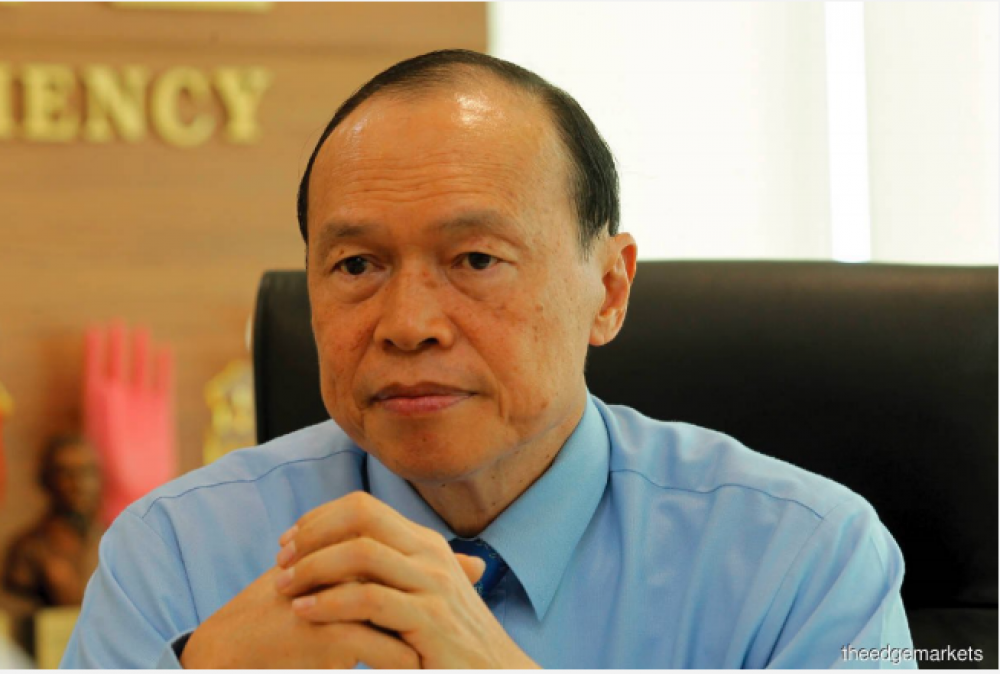
THE recent news of Top Glove Corp Bhd founder and executive chairman Tan Sri Lim Wee Chai’s emergence as a minority shareholder in Minda Global Bhd has sparked interest in the education group.
Previously hovering around the six sen level, Minda Global’s share price has tripled to close at 18 sen last Wednesday, giving the company a market value of RM224.91 million and making it one of the most actively traded counters over a few days.
Lim had reportedly said his investment in Minda Global was driven by his interest in the education sector.
“[Tan Sri Lim Wee Chai] and I have known one another for some time and I know him to be very passionate about education. He believes education to be a lever to change society,” Minda Global group managing director Tan Sri Palaniappan Ramanathan Chettiar tells The Edge.
Palaniappan, who has an indirect stake of 56.98% or 706.5 million shares in Minda Global, is also the executive chairman of education, management and consulting group SMRT Holdings Bhd. He has direct and indirect stakes of 15.998% and 17.613% respectively in the latter.
His equity interest in Minda Global is held via SMRT Holdings’ wholly-owned subsidiary, SMR Education Sdn Bhd.
After Palaniappan, the second largest shareholder of Minda Global is former Kulim-Bandar Baru member of parliament and Umno politician Datuk Abd Aziz Sheikh Fadzir with an indirect stake of 16.13%.
Minda Global assumed the listing status of loss-making Asiamet Education Group Bhd in February 2018 after completing a one-for-one share exchange arrangement with shareholders of AEGB.
Previously known as Masterskill Education Group Bhd (MEGB), AEGB took on its current name following the emergence of SMRT Holdings and private equity firm Creador as its controlling shareholders. In January 2015, SMRT Holdings and Creador proposed to acquire a 30.75% stake in MEGB and subsequently launched a takeover offer for the remaining shares they did not own in the firm. SMRT Holdings and Creador had targeted to turn around MEGB within one year.
However, the collaboration agreement was terminated in March 2018.
Educational institutions under Minda Global are University of Cyberjaya (formerly known as Cyberjaya University College of Medical Science) in Selangor, Asia Metropolitan University (AMU) Johor, Asia Metropolitan College (AMC) Kuching, AMC Kota Kinabalu and Asia Metropolitan International School in Perak.
AMU was formerly known as Masterskill University College of Health, which provided nursing and healthcare courses.
The group had previously said it was pursuing an asset-light policy and was looking to dispose of its properties or identify new strategic uses for them.
As early as 2015, MEGB had sold property assets in Petaling Jaya and Masai, Johor, for RM79.7 million — from which RM34.2 million was utilised as working capital — as part of its 12- to 15-month turnaround plan, which included the replacement of several members of its key management team and the rebranding of its institutions to AMU or AMC. As part of the rebranding exercise, business- and management-related courses were added to its offerings. However, despite the rebranding efforts and shareholder changes, the group has remained mired in losses.
Minda Global has been in the red in the past decade, starting from its financial year ended Dec 31, 2012 (FY2012), when it was still known as MEGB. The group finally returned to the black with a net profit of RM8.7 million in the fourth quarter ended Dec 31, 2020 (4QFY2020), compared with a net loss of RM24.2 million in the previous corresponding period. Revenue was RM26.9 million, up 4.7% from RM25.7 million in 4QFY2019.
It remained in the red for the full year of FY2020 but saw its net loss narrow to RM9.4 million from RM37.8 million in FY2019, while revenue fell 8% to RM89.7 million.
Minda Global attributed the lower FY2020 revenue to the Covid-19 pandemic, which resulted in decreased enrolment of both international and local students. It added that the lower cumulative loss before tax was mainly due to the reversal of impairment on properties arising from revaluation, waiver of campus rental, lower facilities cost and cost savings exercises.
It is worth noting that Minda Global’s disposal of land and properties over the last few years may have helped to narrow the group’s losses.
On Feb 25 last year, its wholly-owned indirect subsidiary Asiamet (M) Sdn Bhd signed a sale and purchase agreement with Ascent Resource Holdings Sdn Bhd for the disposal of institutional premises comprising 15 contiguous units of four-storey terraced shopoffices, a one-storey auditorium, 11 units of stratified ground floor shopoffices, five units of stratified first floor shopoffices, three units of stratified second floor shopoffices and a car park for a total cash consideration of RM30 million.
In December 2018, Asiamet sold a piece of vacant land to PSI Recycling Industries Sdn Bhd for RM2.8 million, as well as six adjoining units of four-storey intermediate terraced shops and two units of four-storey corner terraced shops in Kota Kinabalu, Sabah, to Koperasi NLFCS Bhd for RM14.7 million.
Last August, Asiamet sold 19 units of three-storey intermediate terraced shops and offices, three units of three-storey end terraced shops and one unit of three-storey corner terraced shops to Heng Kui Heng and G N P Properties Sdn Bhd for RM13 million.
Minda Global maintains that its primary focus is to grow its local and international student population while ensuring the delivery of quality programmes.
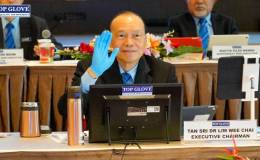
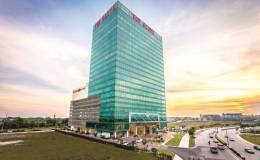
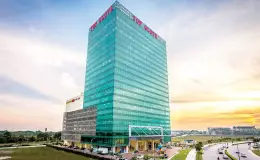
-cropped.jpg)
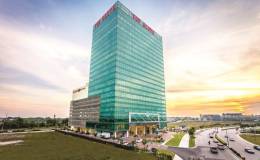
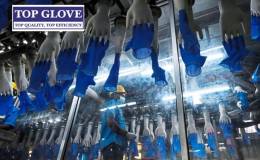

.jpg)
 (1).jpg)

.png)
.png)
.png)

.png)
.png)
.png)





